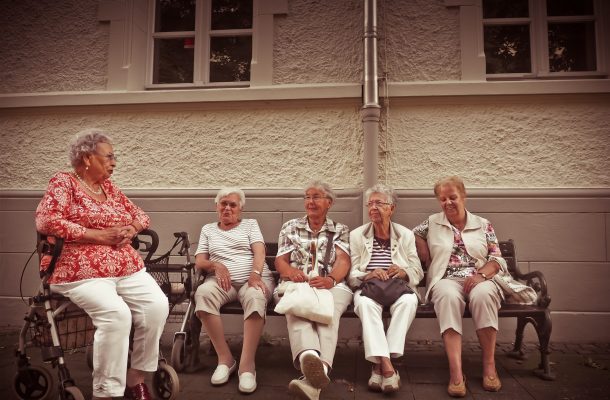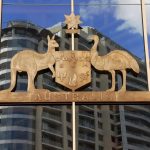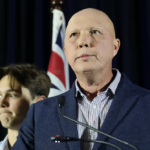Remembering the needs of elderly residents amid urban change

The rapid development of many inner-suburbs in Australia’s state capitals may offer quick profits for property speculators and foreign property investors but can also prove unsettling for an area’s longest standing residents.
‘The developers are circling my home like vultures waiting for me die’ was the way one elderly long-term resident described living in Fawkner, an area of Melbourne which exemplifies many of these trends in modern Australian suburbs.
Representing the Fawkner Residents Association, Joe Perri, said “ It’s an unfortunate reality that the plight of the elderly is far too often overlooked in the growing list of town planning and infrastructure failures being voiced as the result of Melbourne’s population and development explosion”.
“Many of Fawkner’s senior s live lonely existences isolated from families as their children have had to leave the suburb of their youth to reside in distant suburbs that now surround the outskirts of Melbourne”. The peace of mind of having children residing nearby or pleasure of caring and raising grandchildren is denied to them.
Even the once familiar faces of friends , relatives and neighbours are diminishing rapidly . Like so many seniors throughout Melbourne, Fawkner’s mature age residents have a deep emotional attachment to the family home and desire to leave it as a legacy for their children.
Many live lives of hardship as they struggle to keep their heads above water financially and physically. Even undertaking maintenance, repairs to the home or alterations that would improve mobility and reduce risk of falls and injury are also deferred to their detriment.
To add to their woes, crossing once tranquil suburban streets have become a hazard for the elderly as they risk injury from speeding motorists when they step out from in between parked cars that crowd and choke the roads.
Shopping in the once tranquil Bonwick Street retail precinct, for example, has also become an ordeal for the elderly. Today, the elderly users of the Bonwick Street/Jukes Road shopping area must face a host of problems caused by increasing traffic, insufficient carparking, inconsiderate motorists, double parking, and a lack of disabled parking spaces and pedestrian crossings.
Although Mr Perri welcomed Moreland Council’s review of the Bonwick Street / Jukes Road shopping strip as part of Council’s Renewal Program, the reality is the much-needed improvements required by its patrons, especially mature age shoppers, will be a retrofit and take time to deliver.
“Without considering the financial, emotional and community costs a heartless observer will simply say to a Fawkner senior, ‘sell, downsize and move to another suburb’. “ This so-called solution fails the fundamental right of our seniors to have peace of mind in their twilight years living in the home and enjoying the quality of life they have known all their lives”, said Mr Perri.
“Seniors and young alike from Brunswick to Fawkner are being forced to live with town planning failures that are wreaking havoc on the lives and liveability of the suburbs that were never designed or intended for this style of high density living”.
Residents of greenfield suburbs benefit from good town planning and public realm outcomes with parks, bike paths, schools, shops, medical centres and lifestyles free from congestion.
In contrast, established inner city suburbs such as Fawkner exist without an overarching town planning vision and roadmap for development. Soulless dormitories are rapidly replacing socially cohesive communities that traditionally broke down barriers and facilitate d multicultural awareness and appreciation.
“The bench in front of the Bonwick Street pharmacy that acted as the social piazza w here for years retired friends and neighbours of Italian heritage would gather per fara una bella chiacchierata is today sadly empty ”.
Open Forum is a policy discussion website produced by Global Access Partners – Australia’s Institute for Active Policy. We welcome contributions and invite you to submit a blog to the editor and follow us on Twitter, Facebook, Linkedin and Mastadon.














